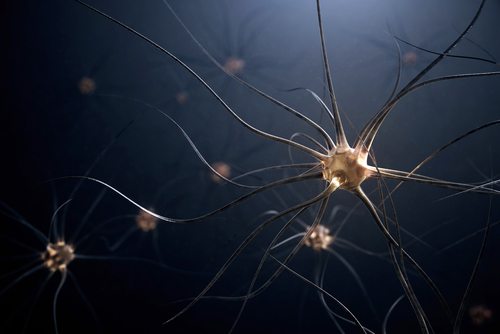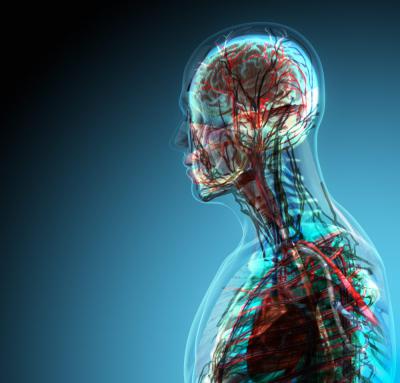Statistics demonstrate nearly 7 percent of teens have tried cocaine by the senior year of high school and half have tried some sort of illicit drug by the time high school is finished. The more parents know about what children are doing and what is happening in peer groups, the easier it is to recognize Read More…






